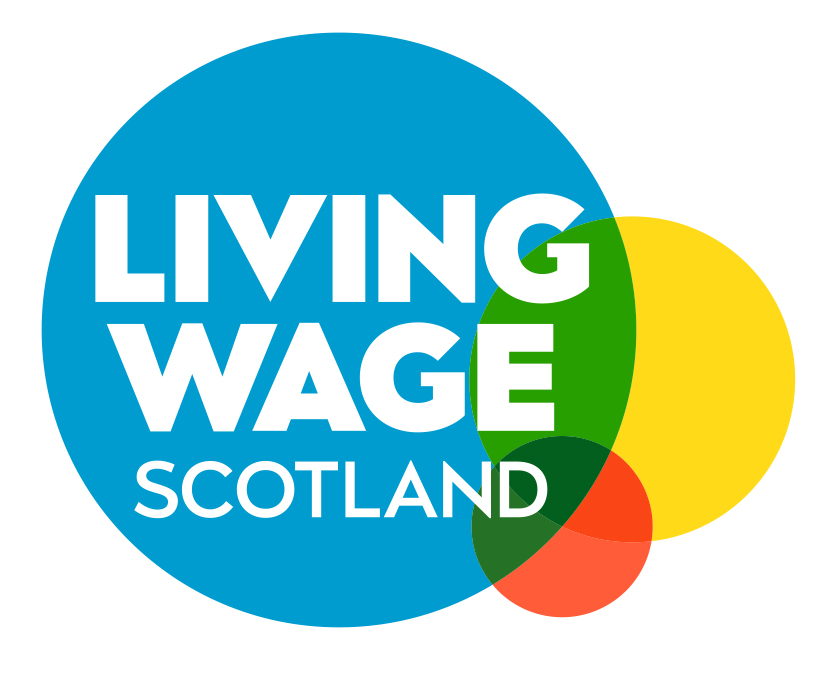By Jimmy Paul, Director of Wellbeing Economy Alliance Scotland
Earlier this month, world leaders were in Glasgow trying to negotiate a way out of the climate crisis which UN Secretary General António Guterres has labelled ‘code red for humanity’.
Social justice and climate justice are two sides of the same coin. Those who contribute the least to climate change are the same people who are in the path of increasing floods, landslides, tornadoes and droughts. The economic choices our governments make are likely to disproportionately harm communities of colour and people living in poverty. We build much of our polluting infrastructure in or near these very communities, be those power plants, highways or waste facilities.
On the flip side, those who contribute most to climate change are those who travel by private jets, whose businesses care solely for profit and disregard the collateral damage that comes from endless consumption.
The way we have designed our economy plays a key role in perpetuating both climate change and social injustices. The economy is how we trade goods and services – but I prefer to define it as how we provide for one another. How we design our economy determines the way we price things, what we tax, the amount that work pays and the quality of our public services like the NHS. At the moment our economy is designed to prioritise growth and shareholder wealth over the health of people and planet, leaving a large part of the global population struggling to make ends meet. At WEAll Scotland, our goal is to deliver a ‘Wellbeing Economy’, that is one that delivers social justice on a healthy planet.
A wellbeing economy has a different purpose at its core. Instead of focussing solely on trying to grow the volume of goods and services in the economy, it would be designed to provide us with what matters most – dignity, connection, nature, fairness and participation.
People across Scotland are tired of an economic system that drives inequality and the degradation of our planet. And they are hungry for a new approach. Employers have a huge role to play in the transition to a new kind of economy.
This Living Wage Week celebrated the 2400 employers across Scotland who choose to pay their workers enough to meet the cost of living. A wage that provides enough to live on should be the foundation of all work, and yet almost two-thirds of working age adults living in poverty are in paid work. We were delighted earlier this year when the living wage movement introduced the Living Hours accreditation scheme to build on this by encouraging employers to guarantee minimum hours and provide secure contracts. Too often in our economy, workers are treated as just-in-time inventory. This includes workers who do some of our most valuable roles in the caring professions.
It’s hugely welcome that employers are voluntarily signing up to these initiatives, and we would encourage all employers to do so. But at the moment the system is still stacked against many employers who choose to do so. We need to redesign our economy so that paying a living wage is the logical choice for all businesses and so that it’s impossible for anyone to be without an income that allows them to live with dignity. The Scottish Government could play its part by ensuring that the fair work conditions announced for public grants and procurement are ambitious and effective, and by building additional fair work incentives for businesses into the tax system. Substantially scaling up support for purposeful business models, such as social enterprises and cooperatives, which prioritise fair work would also help guarantee better quality jobs.
As the movement to redesign our economy builds force, employers can play their part by ensuring they are meeting workers material needs by paying at least a living wage and offering secure hours and contracts.
Employers should also ensure work is meaningful and that everyone has a chance to participate. Our recent report, Business and a Wellbeing Economy sets out some of the ways businesses can contribute to a wellbeing economy.
If you share our vision of a wellbeing economy, sign up to see how you can get involved at www.weall.org/scotland

